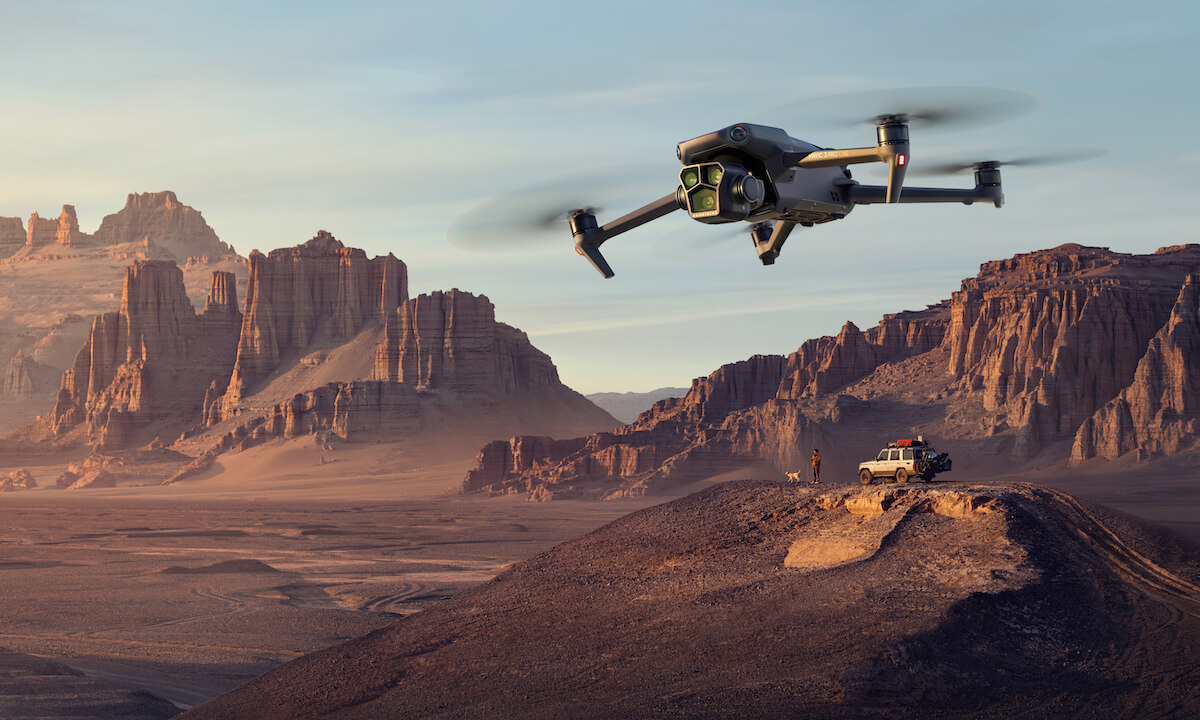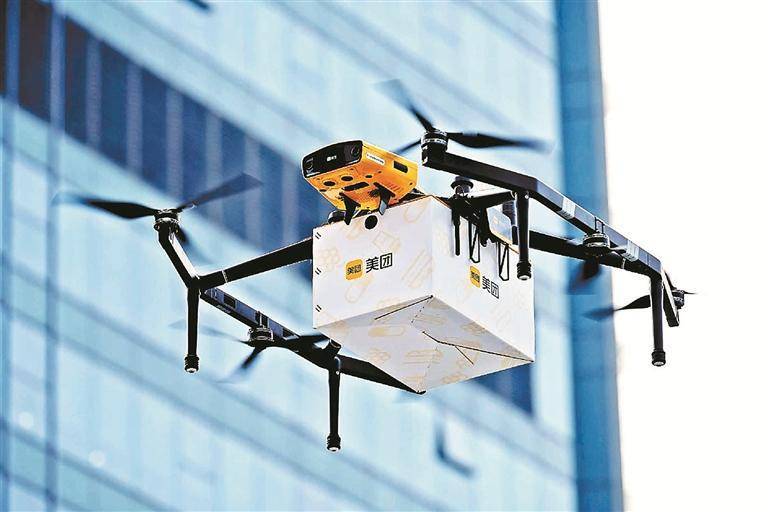Drones, or unmanned aerial vehicles (UAVs), have become increasingly popular among hobbyists and professionals in New Jersey (NJ). With their rapid rise, it’s essential to understand the Federal Aviation Administration (FAA) regulations governing their use, as these rules significantly impact your flying experience. The intersection of NJ drones and FAA regulations presents both opportunities and challenges for drone enthusiasts.
Understanding Drone Regulations
The FAA has established specific guidelines that apply nationwide to ensure drones operate safely and responsibly. These regulations help maintain airspace safety, protecting other aircraft and people on the ground. One of the key elements is that any drone weighing over 0.55 pounds needs to be registered with the FAA. Furthermore, when flying NJ drones, you must always keep the UAV within your line of sight.
The Impact of Airspace Classification

Airspace classification is crucial in determining where NJ drones can fly. The FAA divides airspace into several classes, each with distinct rules. For instance, Class B airspace includes some of the busiest airports, like Newark Liberty International. Drone operators are typically restricted from flying in these areas without specific authorization. Exploring your airspace before flying can prevent legal issues and ensure a smooth drone operation experience.
It’s important to use tools such as the B4UFLY app, which helps drone operators know the airspace classification and restrictions in their operational area, providing real-time data to ensure compliance with FAA regulations.
Implications of FAA Regulations for NJ Drone Users
For NJ drone operators, following FAA regulations not only ensures safety but also improves the flying experience by reducing risks associated with unauthorized flights. Remember, violations can lead to significant fines and even drone confiscation. FAA compliance involves understanding operational limitations such as altitude restrictions—drones must not fly above 400 feet.
The Role of NJ State and Local Regulations
While the FAA sets federal rules, NJ state and local governments can impose additional regulations on drone use. Some cities may have more stringent rules regarding flying locations and times. For example, flying NJ drones near government buildings, schools, and hospitals may be restricted or require special permissions. Staying informed about local laws is vital for responsible flying.

Enhancing Your Flying Experience
Understanding NJ drone rules and FAA regulations can lead to a more enjoyable flying experience. Complying with these regulations boosts confidence and enables access to workshops and communities that provide further learning opportunities. Engaging with local drone clubs can be beneficial as they often participate in events that foster safe and innovative drone use.
Moreover, learning about drone applications can enhance your flying experience. Drones are increasingly used in photography, agriculture, and even search and rescue operations. These varied uses offer NJ drone enthusiasts many avenues to explore, expanding the potential of their UAVs beyond recreational use.
Looking Ahead: Future of NJ Drones
The future holds exciting prospects for NJ drones, with technology evolving rapidly and regulations adapting to accommodate innovations. As FAA protocols progress, drone enthusiasts can expect updated rules that may ease restrictions and open new avenues for drone use. Ultimately, staying informed and adapting to these changes will be crucial for maximizing the benefits of drone flying.
FAQs for NJ Drones and FAA Regulations
Q: Do I need a pilot’s license to fly a drone in NJ?
A: For hobbyists flying NJ drones, a pilot’s license is not required, but you must pass a knowledge test known as The Recreational UAS Safety Test (TRUST).
Q: Can I fly my drone at night?
A: Yes, but you must equip your drone with appropriate anti-collision lighting and meet certain visibility requirements as set forth by the FAA.
